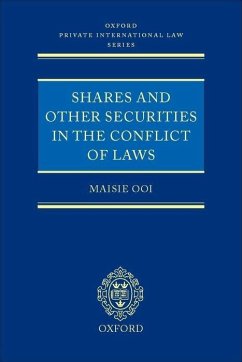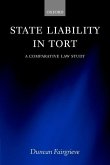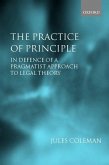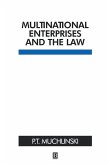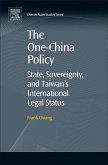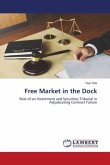The main focus is on dealings with shares in the traditional direct holding system from which the basic rules developed. Part II considers the difficulties associated with the application and extension of the basic rules to the choice of law issues that arise in the indirect holding system, the various theories and legislative reforms (of the EU and at the Hague) that have been suggested in respect to their resolution, and the extent to which they provide a viable solution. Comparison is also made with the related law reform initiatives in the US of Revised Articles 8 and 9 of the Uniform Commercial Code. The book concludes with an examination of special choice of law concerns in insolvency and arising from collateralization (such as perfection and recharacterization), the impact of dematerialization and immobilization on shares, and the choice of law problems posed by them.
This book examines the problems of choice of law where transactions cross borders and involve shares or other securities of different nationalities. It considers dealings in securities under the traditional direct holding system and under the modern system of holding through intermediaries. Various theories and legislative reforms have been suggested in an attempt to resolve these two methods, and the book examines the extent to which they provide a viable solution.
Hinweis: Dieser Artikel kann nur an eine deutsche Lieferadresse ausgeliefert werden.
This book examines the problems of choice of law where transactions cross borders and involve shares or other securities of different nationalities. It considers dealings in securities under the traditional direct holding system and under the modern system of holding through intermediaries. Various theories and legislative reforms have been suggested in an attempt to resolve these two methods, and the book examines the extent to which they provide a viable solution.
Hinweis: Dieser Artikel kann nur an eine deutsche Lieferadresse ausgeliefert werden.

